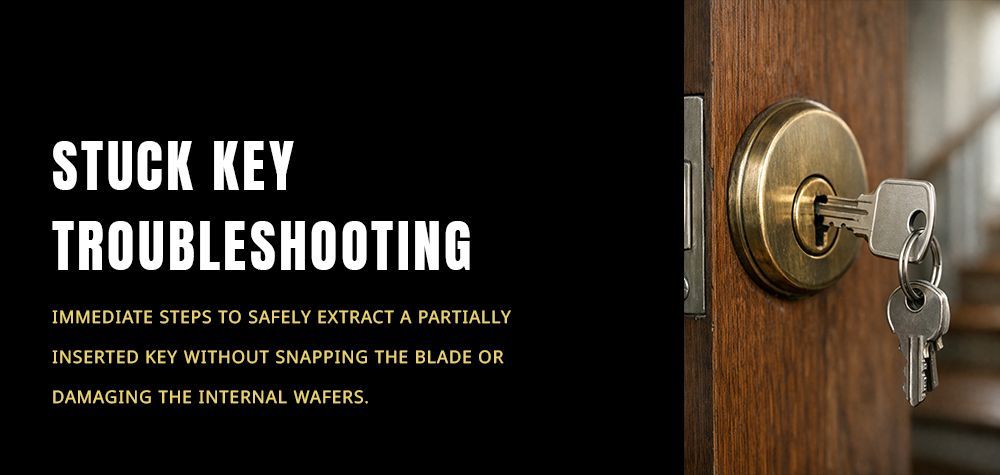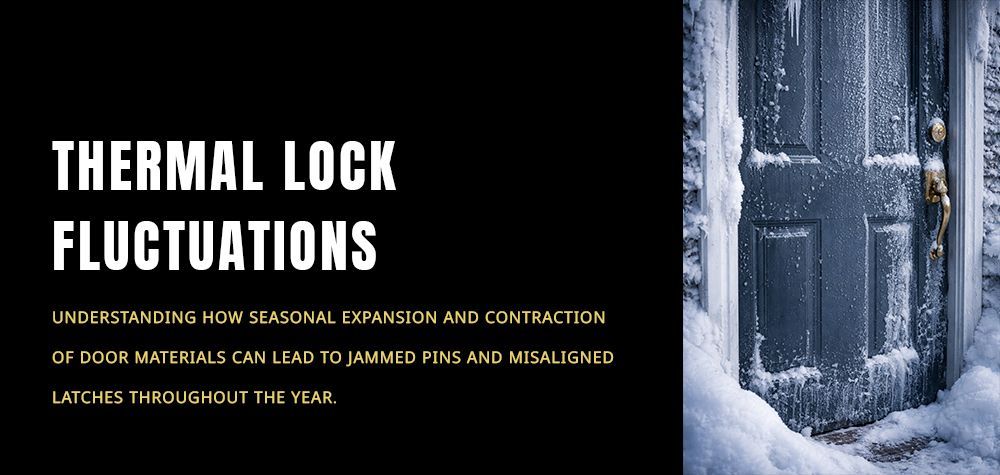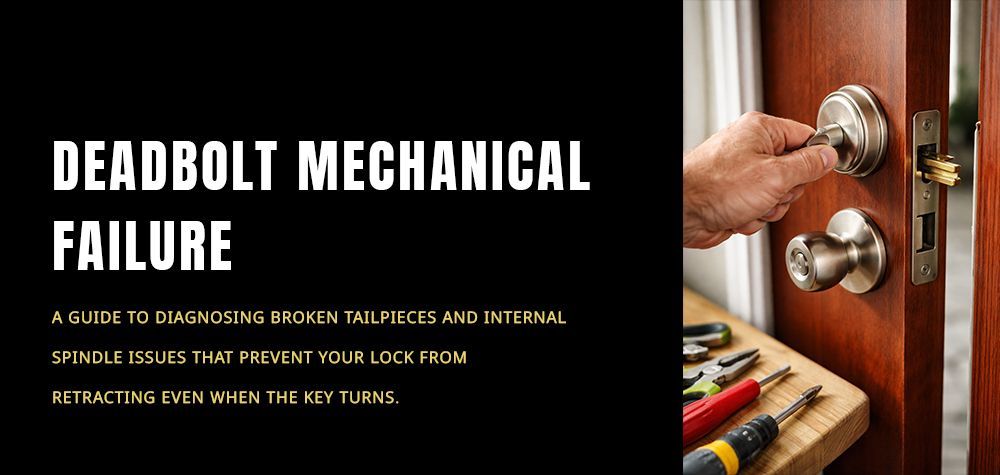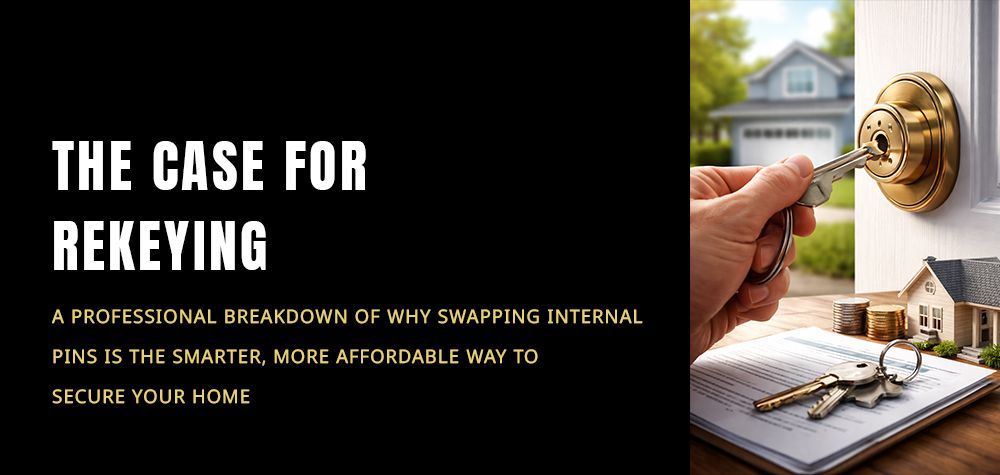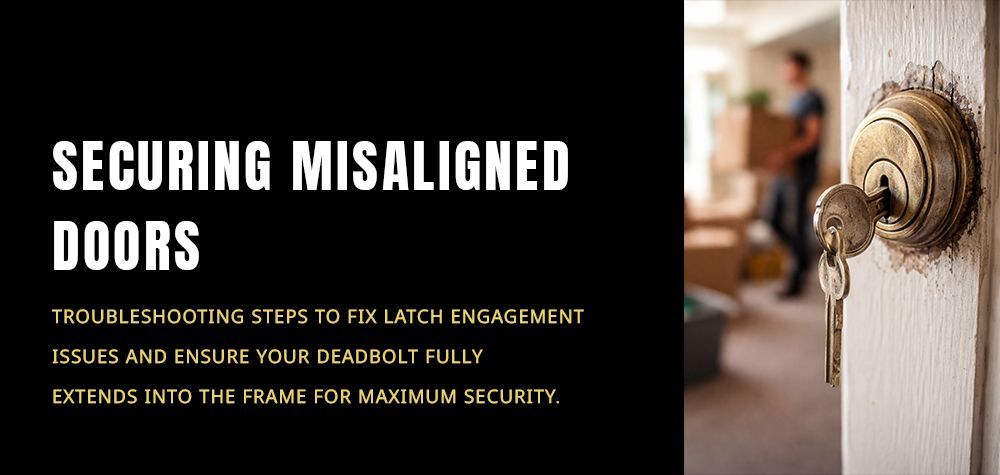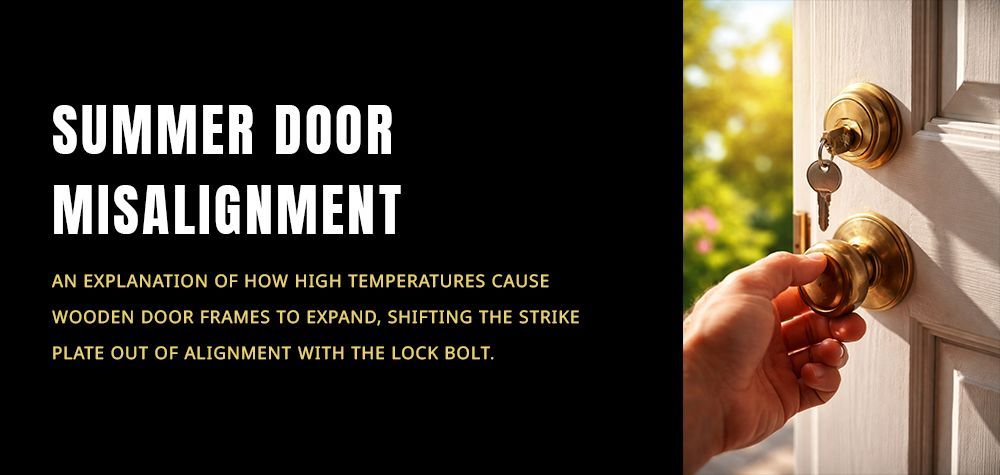Hidden Safes and Concealed Storage Options: The Ultimate In-Depth Guide
In today’s world, safeguarding valuable belongings has become a top priority for many. Whether you want to protect family heirlooms, important documents, jewelry, or cash, hidden safes and concealed storage solutions provide an effective and discreet way to do so. In this guide, we’ll explore various types of hidden safes, their advantages, features, installation methods, and what to consider when choosing one.
Why Choose Hidden Safes for Concealed Storage?
Hidden safes provide an added layer of protection because they are difficult for thieves to detect or access. Unlike conventional safes that are visible and might encourage burglars to attempt a break-in, concealed safes are often overlooked, reducing the risk of theft. Additionally, these safes can offer peace of mind for those who want their valuables stored in a secure, private, and discreet manner.
Types of Hidden Safes and Concealed Storage Options
1. Wall Safes
Overview: Installed within a wall cavity, behind a picture frame, mirror, or piece of furniture.
Best For: Cash, documents, small electronics.
Advantages: Easy to conceal, accessible, saves floor space.
Disadvantages: Limited storage capacity, requires professional installation.
2. Floor Safes
Overview: Installed in concrete or wood floors, typically hidden beneath carpets, tiles, or furniture.
Best For: Large sums of cash, sensitive documents, expensive jewelry.
Advantages: Difficult to detect, excellent fire and water protection.
Disadvantages: Installation can be complex, limited access due to floor placement.
3. Book Safes
Overview: Designed to look like an ordinary book and can be stored on bookshelves.
Best For: Cash, small valuables.
Advantages: Inexpensive, easy to move, well-hidden.
Disadvantages: Limited storage space, not fireproof or waterproof.
4. Diversion Safes
Overview: Everyday household items like cans, bottles, or clocks with hidden compartments.
Best For: Jewelry, cash, USB drives.
Advantages: Inexpensive, highly inconspicuous, no installation required.
Disadvantages: Easily thrown away or misplaced by accident.
5. Furniture Safes
Overview: Safes built into or disguised as furniture pieces, such as nightstands, coffee tables, or dressers.
Best For: Documents, firearms, electronics.
Advantages: Blends seamlessly into home décor, discreet, versatile storage.
Disadvantages: Limited to small or medium-sized valuables, expensive.
6. Outlet Safes
Overview: Hidden safes designed to resemble electrical outlets.
Best For: Small valuables, such as cash or USB drives.
Advantages: Completely concealed and unsuspecting.
Disadvantages: Minimal storage space.
7. False Vent Safes
Overview: Safes disguised as air vents in the wall.
Best For: Documents, smaller electronics, valuables.
Advantages: Easily concealed, often overlooked by thieves.
Disadvantages: Limited storage capacity, may require some installation.
8. Under-Floorboard Safes
Overview: Safes placed under removable floorboards.
Best For: Cash, documents, small valuables.
Advantages: Completely hidden, no need to modify walls or furniture, highly discreet.
Disadvantages: Inconvenient access, requires lifting or removing flooring to retrieve valuables.
9. Concealed Safe Mirrors
Overview: Safes hidden behind or integrated into mirrors, often mounted on walls.
Best For: Jewelry, documents, small electronics.
Advantages: Inconspicuous, blends with home décor, convenient access.
Disadvantages: Limited storage space, typically expensive.
10. Fireproof and Waterproof Hidden Safes
Overview: Safes that are both concealed and equipped with fireproof and waterproof features.
Best For: Important documents, valuables susceptible to fire or water damage.
Advantages: Protects against environmental damage, adds security against theft.
Disadvantages: More expensive, often bulkier than standard safes.
Factors to Consider When Choosing a Hidden Safe
1. Size and Capacity
Consider the size of the items you wish to store. Larger valuables or quantities will require a bigger safe, while small items like jewelry or documents can be stored in compact safes.
2. Location
The safe’s location is crucial for both security and convenience. Choose a spot that offers quick access when needed but remains hidden from potential intruders.
3. Installation
Some hidden safes, like wall or floor safes, require professional installation, while others like diversion safes or book safes do not. Be sure to consider the complexity and cost of installation when making your decision.
4. Fire and Water Protection
If you live in an area prone to natural disasters or want to ensure your items are safe from fire or flooding, consider a hidden safe that offers fireproof and waterproof protection.
5. Lock Type
Hidden safes come with a variety of lock mechanisms, including traditional key locks, combination locks, electronic keypad locks, and biometric locks. Each has its own level of security and convenience, so choose one that fits your needs.
6. Accessibility
Ensure that the location and type of hidden safe you choose provides convenient access to your valuables when you need them. Some safes, like under-floor safes, may be more difficult to access on a regular basis.
Pros and Cons of Hidden Safes
Pros:
Discreet: Hidden safes are often undetectable, making them less likely to be targeted by thieves.
Customizable: Many options can be tailored to fit your home’s décor and security needs.
Security: They offer an additional layer of protection because their location is less obvious.
Fire and Water Protection: Many hidden safes offer protection from fire and water damage.
Cons:
Cost: Some hidden safes, especially those requiring professional installation, can be expensive.
Inconvenient Access: Some models, particularly floor safes or safes hidden in hard-to-reach places, can be inconvenient to access regularly.
Limited Capacity: Many hidden safes are compact, making them unsuitable for large items or collections.
DIY vs. Professional Installation
While some hidden safes can be easily installed without professional help (such as diversion or book safes), others, like wall or floor safes, may require expert installation to ensure optimal security. A professional will ensure that the safe is correctly fitted and that any additional protective measures (such as fireproofing) are in place.
FAQs About Hidden Safes
Q1: Can a hidden safe be fireproof?
Yes, many hidden safes, such as fireproof floor or wall safes, offer fire protection. Be sure to check the fire rating to understand how long and under what temperatures the safe can withstand exposure to fire.
Q2: How can I hide a large safe?
Large safes can be concealed by placing them in low-traffic areas of your home, such as the basement or attic. You can also disguise them as part of the furniture, hide them behind false walls, or use textiles to obscure their presence.
Q3: Are diversion safes effective?
While diversion safes are not as secure as traditional safes, they can be effective for hiding small valuables in plain sight. However, they should not be used for high-value items.
Q4: What is the best place to hide a safe in my home?
The best place to hide a safe depends on the size and type of valuables. Low-traffic areas like basements, attics, and closets are ideal. Be sure to avoid obvious locations, like bedrooms or the garage.
Conclusion
Hidden safes and concealed storage solutions offer a discreet and effective way to protect your valuables, whether from theft, fire, or water damage. With a wide variety of options available—from simple diversion safes to high-tech biometric models—there’s a hidden safe that suits every home and security need. Consider your space, budget, and security requirements when choosing the best concealed storage solution for your valuables.
Call Us Any Time!


